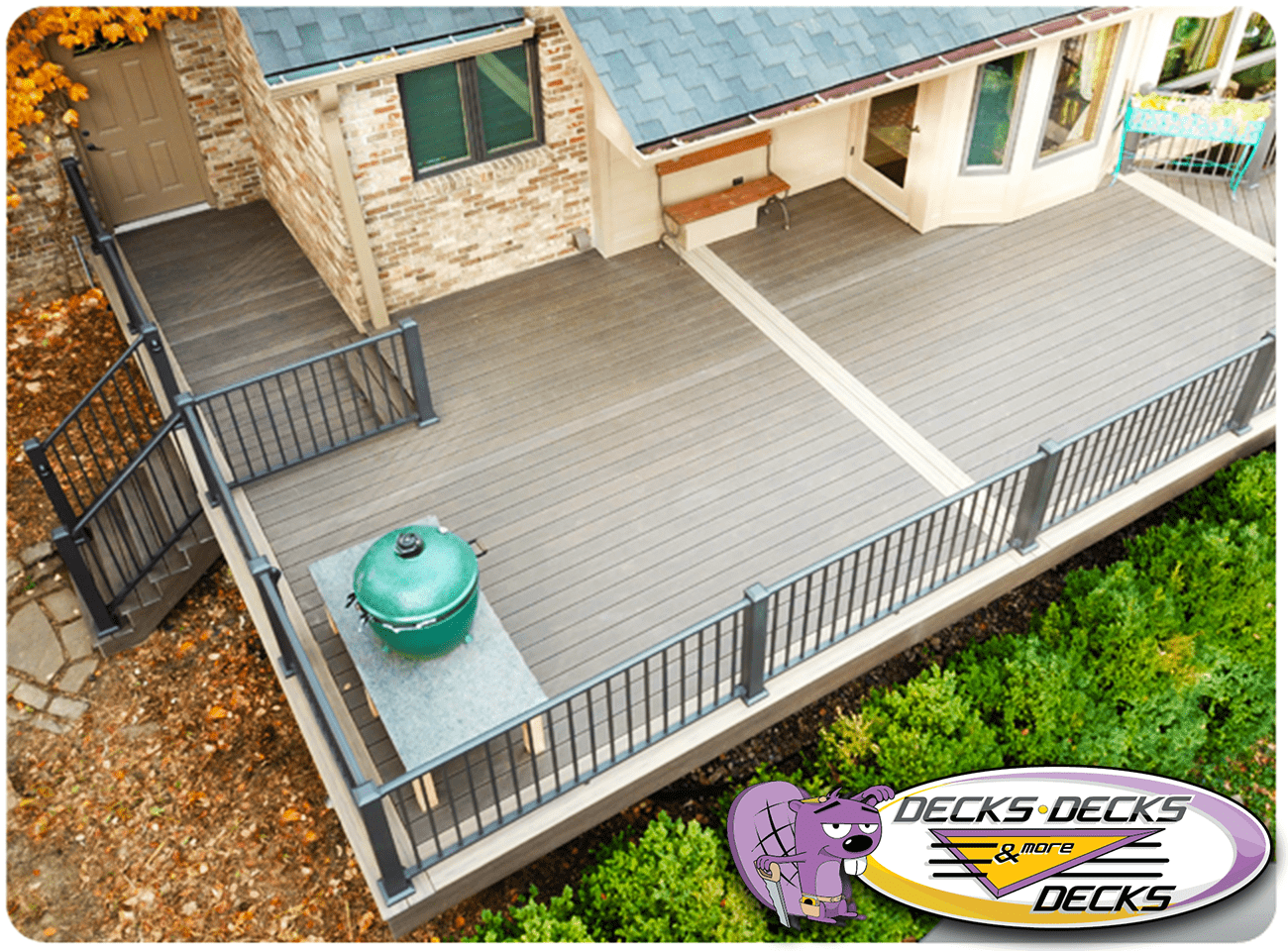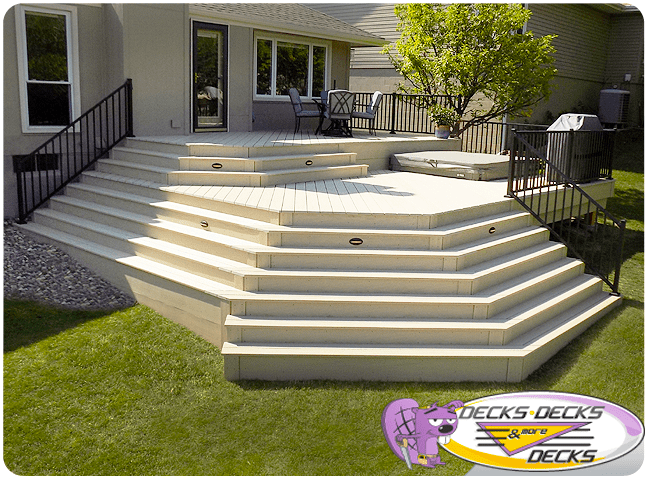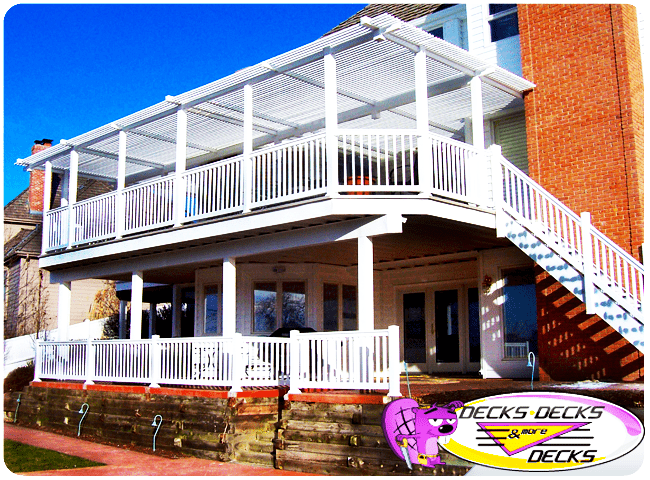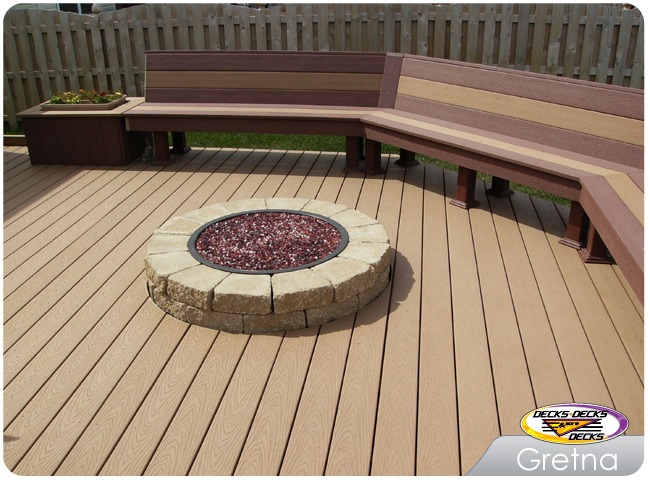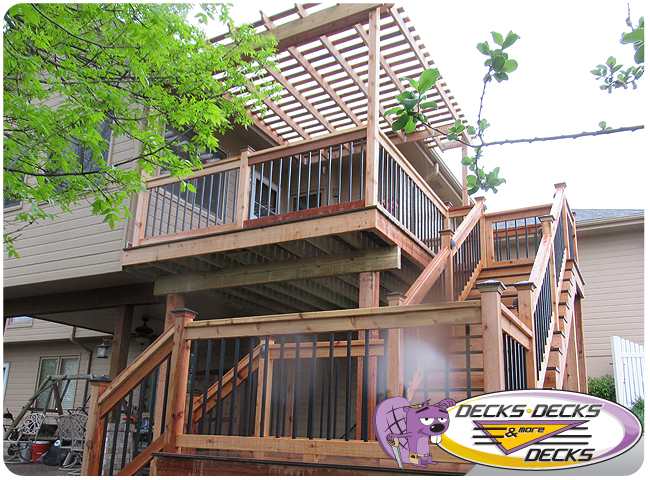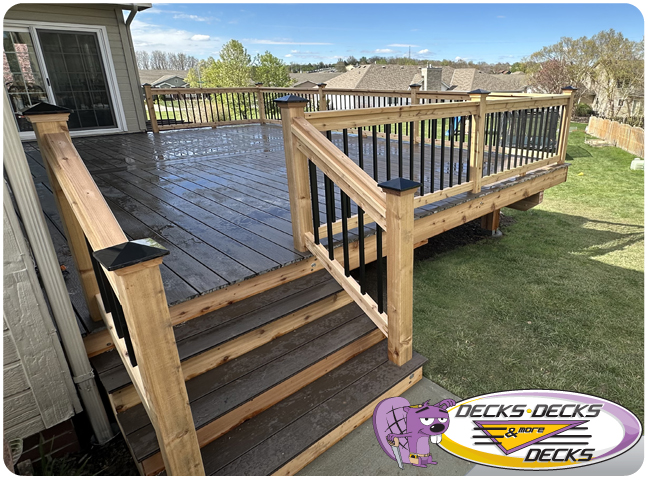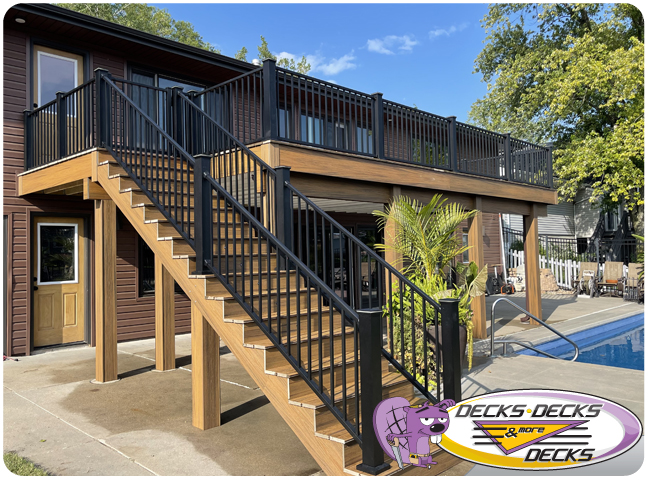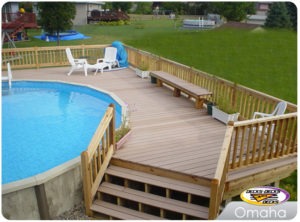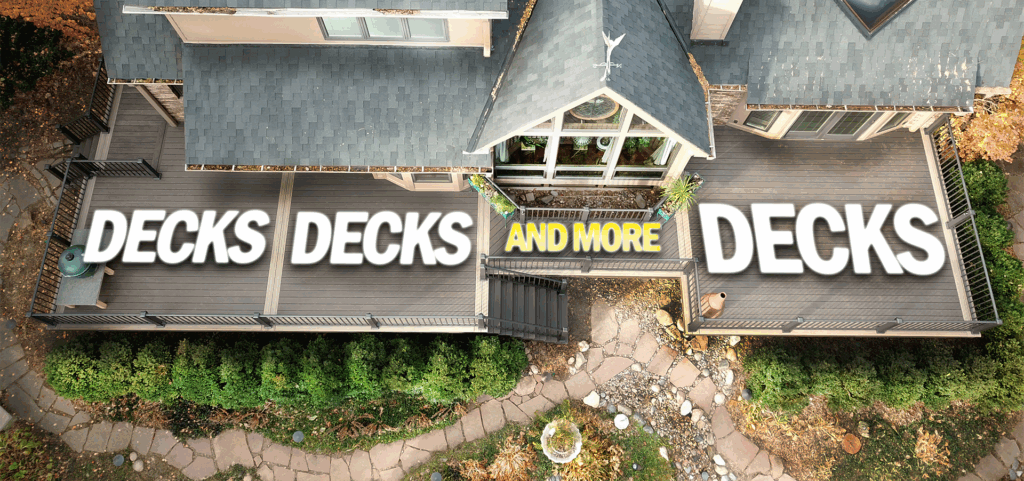Deck Remodeling, Repairs, and Replacement: A Guide to Restoring Your Outdoor Space
Whether your deck needs a fresh look or essential repairs, remodeling and replacement can breathe new life into your outdoor space. From replacing damaged boards to repairing wood rot and upgrading railings, here’s what you need to know about keeping your deck safe, beautiful, and functional.
1. Remodeling vs. Renovation: What’s Right for Your Deck?
When it comes to improving your deck, it’s essential to decide between remodeling and renovation. Remodeling typically involves significant changes, such as expanding the deck or adding new features. Renovation, on the other hand, focuses on updating the existing structure without altering its size. Assessing your deck’s condition and your goals will help determine which approach is best.
2. Deck Repairs: Fixing Wood Rot and Other Issues
Wood rot is a common issue in older decks, caused by prolonged exposure to moisture. Repairing wood rot requires removing and replacing affected boards to prevent further damage. Other common repairs include fixing loose boards, tightening hardware, and addressing any structural concerns. Regular repairs extend the life of your deck and ensure safety for everyone who uses it.
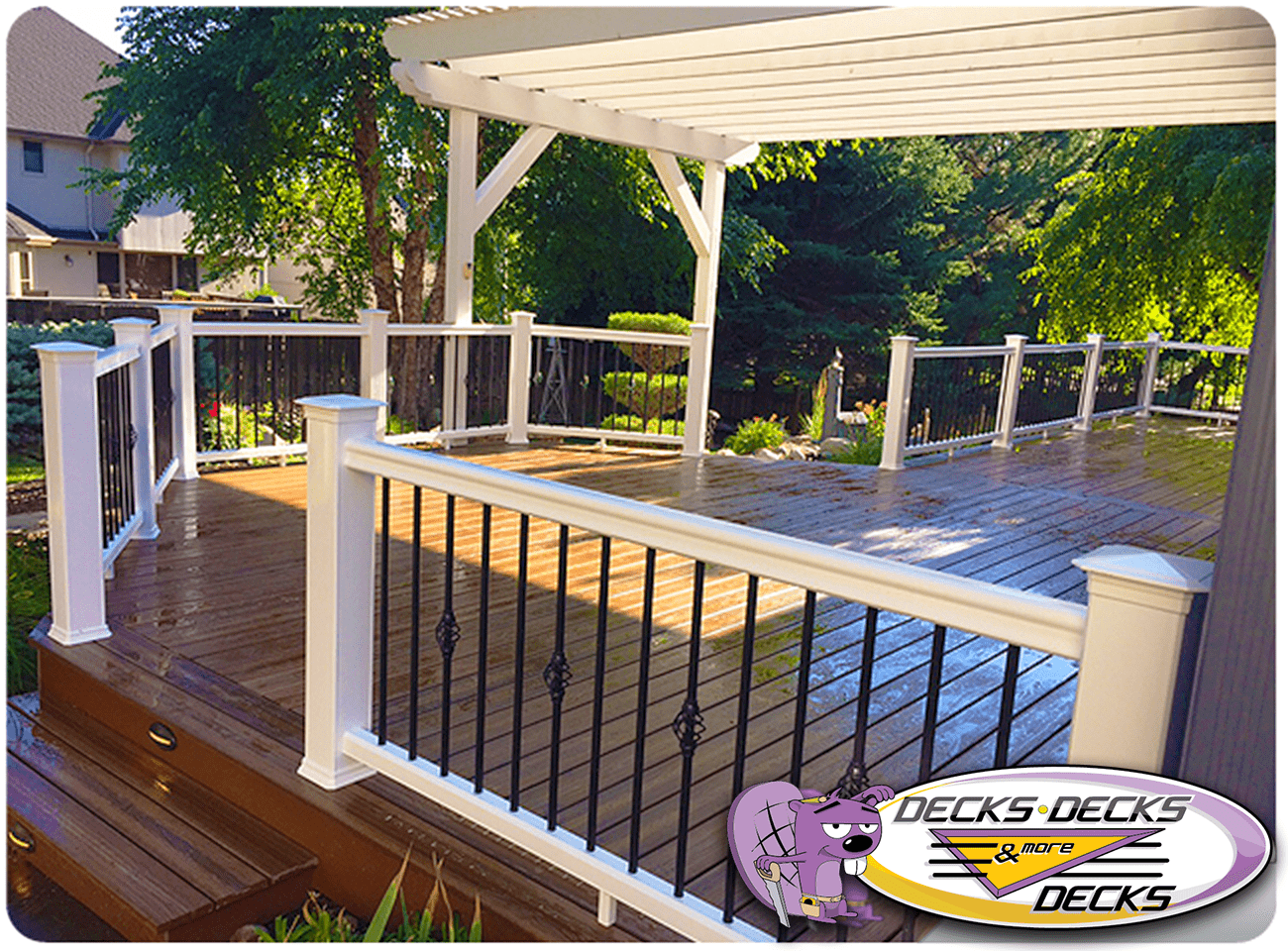
3. Replacing Damaged Boards for a Fresh Look
If only certain boards are damaged or weathered, replacing deck boards is a cost-effective way to refresh your deck without a full rebuild. Composite or treated wood boards are excellent options for replacement, as they offer durability and weather resistance. Replacing damaged boards improves the appearance of your deck while maintaining its integrity.
4. Replace Deck Railing for Enhanced Safety and Style
Deck railings provide both safety and style, making them an important part of any remodel. Over time, railings can become loose or damaged, posing a safety risk. Replacing deck railings with modern, durable materials, like composite or metal, is a great way to update your deck’s look and ensure security. There are plenty of design options to match your home’s style, from traditional wood to sleek glass or metal rails.
5. Replacing a Deck: When Is It Necessary?
Sometimes, extensive damage or aging materials make replacing a deck the best option. If your deck has widespread wood rot, structural issues, or outdated design, a full replacement might be more cost-effective than continuous repairs. Replacing a deck allows you to choose new materials, expand the space, or add features that weren’t part of the original design.
6. Replacement Labor Warranty: Protecting Your Investment
Many contractors offer a replacement labor warranty, which covers the cost of labor if repairs or replacements are needed within a specified time. This warranty provides peace of mind, knowing that any potential issues will be addressed without additional labor costs. Be sure to discuss warranty options with your contractor to ensure you’re covered.
7. Repairing and Replacing Deck Boards: DIY vs. Hiring a Pro
For homeowners comfortable with DIY work, small repairs like replacing a few deck boards or tightening loose hardware can be manageable. However, for larger projects, such as replacing a deck or repairing significant wood rot, hiring a professional ensures quality and compliance with local building codes. Professionals bring expertise to complex repairs, giving you confidence in the durability and safety of your deck.
Final Thoughts on Deck Repairs and Remodeling
Keeping your deck in good shape requires regular maintenance, timely repairs, and, sometimes, full replacements. Whether you’re repairing wood rot, replacing damaged boards, or adding new railings, investing in quality materials and skilled labor ensures that your deck remains a safe and beautiful outdoor retreat.
 free estimates: (402) 690-1050
free estimates: (402) 690-1050
